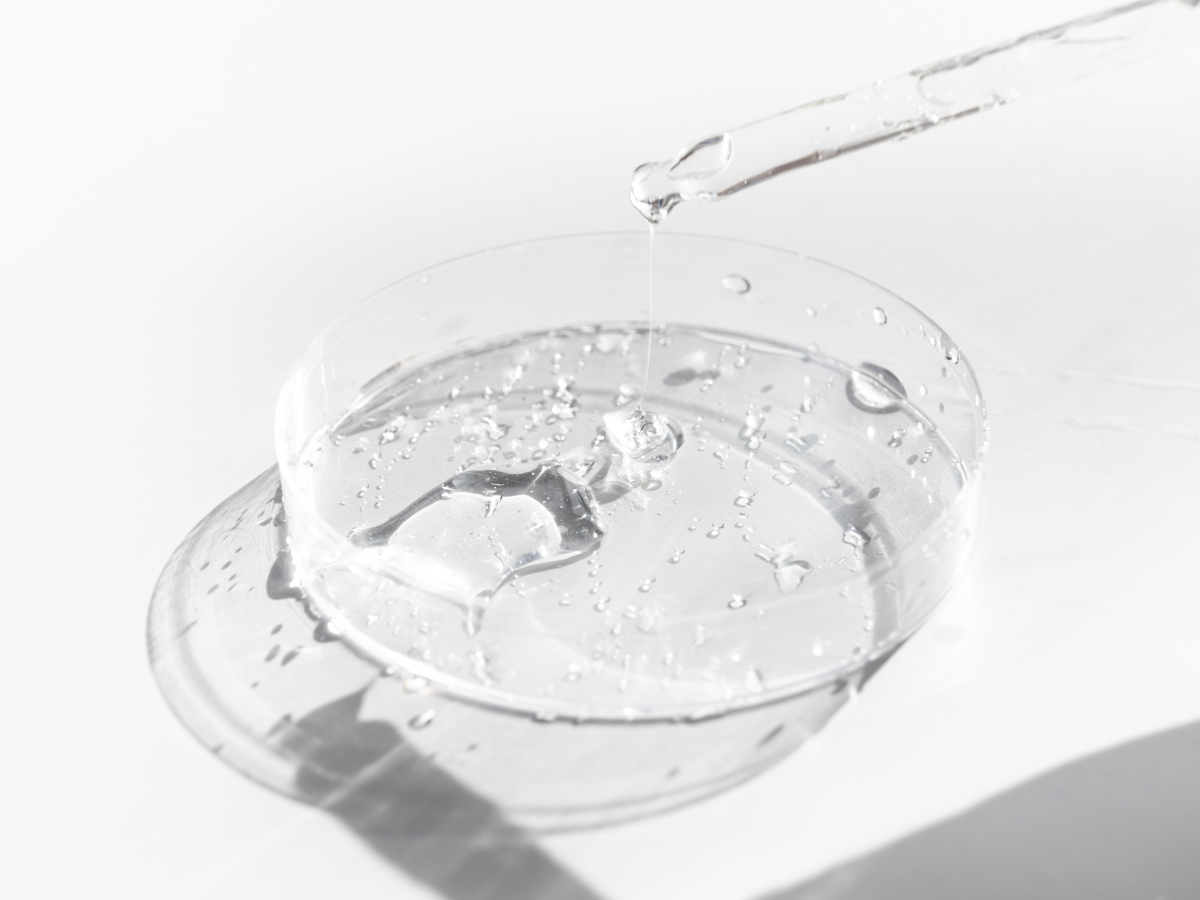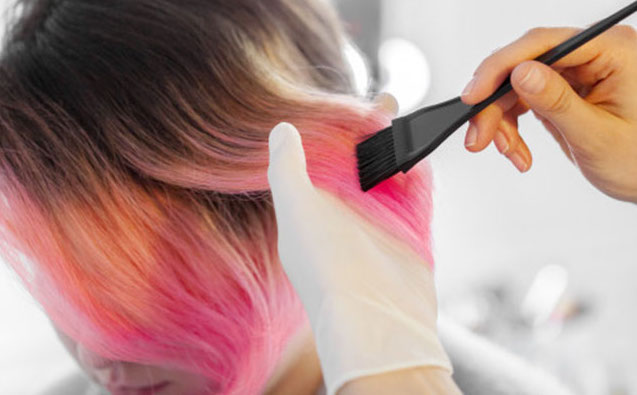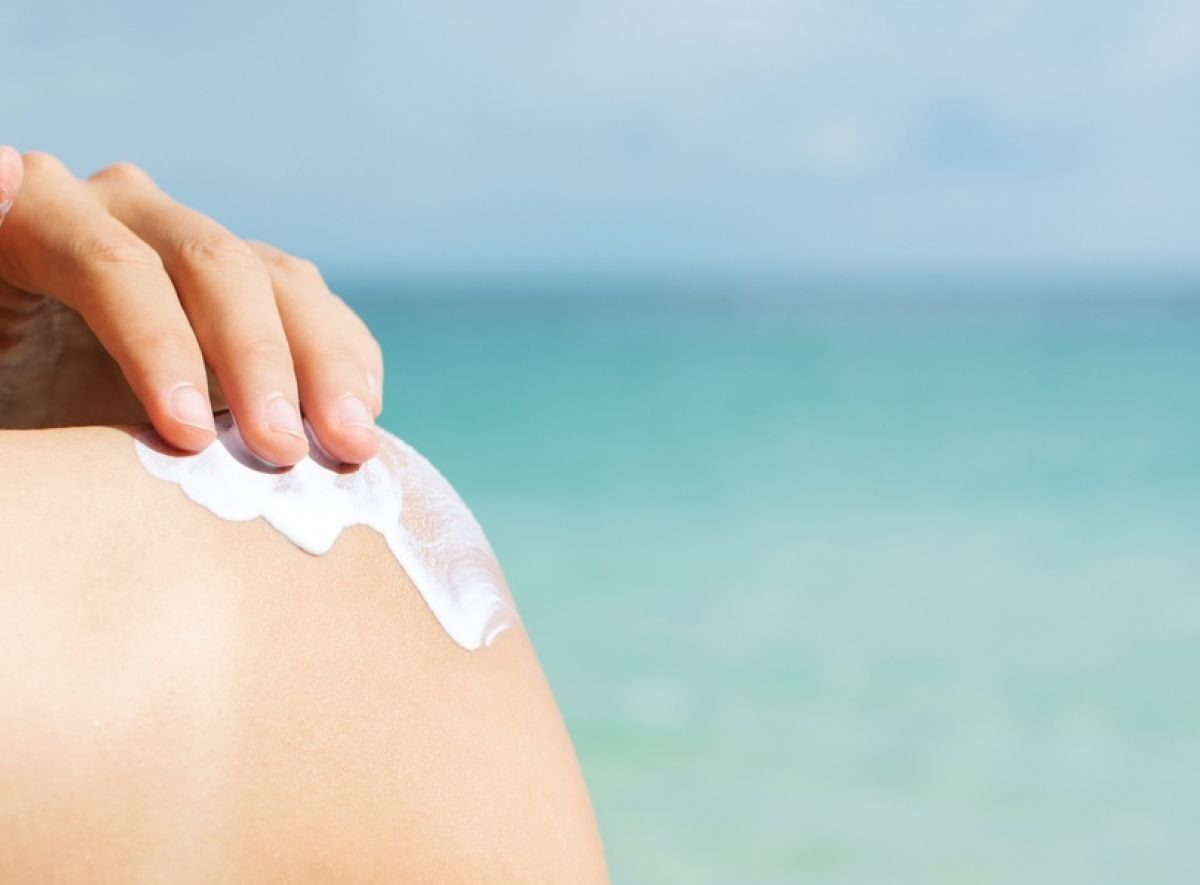Euromonitor International, a global market research company, has released its “Top 10 Global Consumer Trends 2022” report. This report defines the trends which motivate consumer behavior and that challenge business strategies in the new year.
The top 10 consumer trends listed by Euromonitor International are the following:
- Backup Planners
- Consumers are looking for ways to purchase similar items or finding creative solutions to obtain alternatives, as supply chain disruptions cause massive shortages.
- Climate Changers
- Consumers are adopting green activism and low-carbon lifestyles.
- Digital Seniors
- Older consumers were enforced to go online and use digital technologies by the COVID-19 pandemic and are now empowered to make purchases and use services through this channel.
- Financial Aficionados
- Consumers are gaining confidence in investing and saving money in order to strengthen financial security.
- The Great Life Refresh
- The pandemic triggered consumers into making drastic personal changes (reflecting their values, lifestyles and goals) and having a higher appreciation for work-life balance, focusing on personal growth and wellbeing.
- The Metaverse Movement
- Digital spaces to socialize with communities are being embraced by consumers (3D realities).
- Pursuit of Preloved
- Consumers are increasingly seeking for secondhand and peer-to-peer marketplaces.
- Rural Urbanites
- Consumers are spending more time in nature or relocating to safer, cleaner and greener neighborhoods.
- Self-Love Seekers
- Acceptance, self-care and inclusion are at the forefront of consumer lifestyles.
- The Socialization Paradox
- Consumers are approaching a return to pre-pandemic life at different paces.
If in one hand companies should offer products that are carbon footprint certified, in the other hand they should also improve supply chain visibility, hone operations and rethink investments. It is important for companies to reuse or recycle materials for new product development and also reduce waste, as consumers are increasingly demanding zero-waste and sustainable products.
Companies must adapt their businesses and follow consumers, or they risk loosing them.
If you need any help please feel free to contact us at info@criticalcatalyst.com.
References:
- Top 10 Global Consumer Trends 2022. Euromonitor International. 2022.














